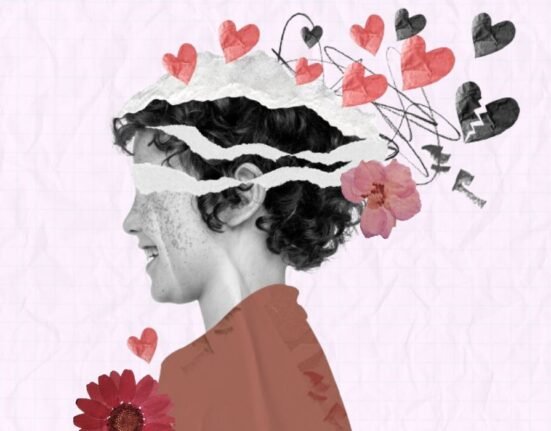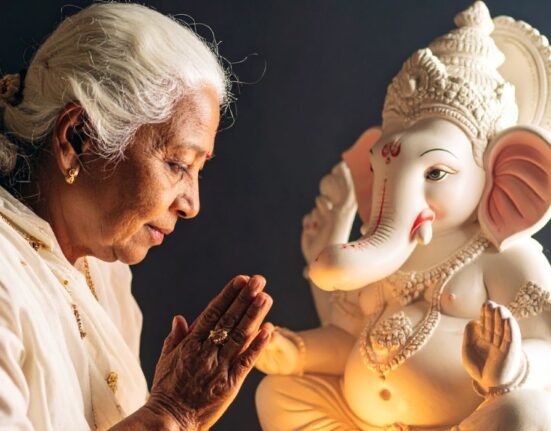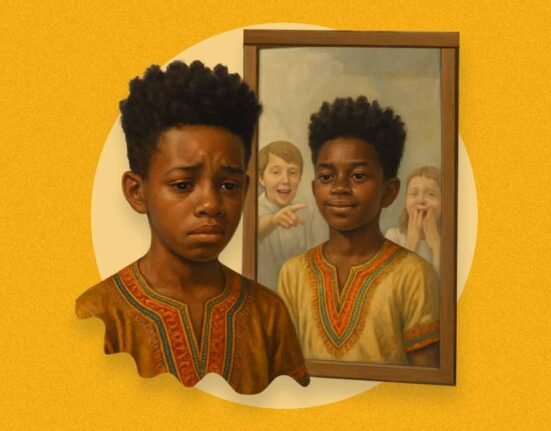Body shaming in simple words means to criticize oneself or others based on their physical appearance which leads to a vicious cycle of judgments and criticisms that may or may not affect their mental health. A very common example of body shaming is “I am so ugly than my other friends.” Body shaming is a modern term and it has become more common in the present days. Body shaming as defined by National Association of Anorexia Nervosa and Associated Disorders is “Body shaming is known as the action or practice of expressing humiliation about another individual’s body shape or size; a form of bullying that can result in severe emotional trauma, especially at a young age. ” Body shaming is done by family members, friends, and random people and is even portrayed by the media. Body shaming is done knowingly or unknowingly. Some might actually body shame the person in front of them whereas family members or loved ones would body shame their ‘fat’ acquaintance out of concern so that they’re motivated to lose weight or attain a more desirable body type. We live in this society that values being slim and thin as something people should definitely preach. The criticisms that the people who have been body shamed can lead to a serious mental disorder that is Body Dysmorphic Disorder.
How does Body shaming manifest?
Body shaming manifests in ways one is not even aware of.
- Criticizing one’s own physical appearance or that of others.
- Criticizing anyone’s physical appearance in front of them
- Criticizing anyone’s physical appearance without their knowledge.
Why does Body shaming occur?
The very first reason is the society we live in and all the people who have to go with the set notion of society. Someone is too fat or thin, straight or curvy, but nobody is perfect. Although everyone is trying to accept as they are, the pressure from social media, peer makes everyone want to look in a certain way. Not only social media, the negative comments and provoking images can also cause people, usually teenagers and young adults to follow unhealthy habits to achieve their desired look. These undesirable habits can include something such as starving themselves or binge eating or even full-fledged eating disorders which can lead to self-harm, depression, anxiety, low self-esteem, trauma and many other issues.
Mental health disorder related to body image:
BODY DYSMORPHIC DISORDER
Body Dysmorphic Disorder is a mental health disorder in which one can’t quit considering at least one saw deformities or blemishes in their appearance, an imperfection that seems minor or can’t be seen by others. However, one may feel so humiliated, embarrassed and on edge that they may avoid numerous social circumstances. At the point when one has Body Dysmorphic Disorder, they seriously centre on their appearance and body picture, over and over checking the mirror, preparing or looking for consolation, some of the time for a long time every day. Their apparent imperfection and the dreary practices cause them critical misery and affect their capacity to work in their everyday life.
Signs and Symptoms of Body Dysmorphic Disorder
- Being very engrossed with an obvious defect in appearance that to others can’t be seen or seems minor
- A solid conviction that one has an imperfection in their appearance that makes them ugly or twisted
- The conviction that others take exceptional notice of their appearance in a negative manner or false them
- Participating in practices pointed towards fixing or concealing the apparent imperfection that is hard to oppose or control, for example, much of the time checking the mirror, prepping or skin picking
- Endeavouring to conceal apparent blemishes with styling, cosmetics or garments
- Continuously comparing one’s appearance with others
- As often as possible looking for consolation about their appearance from others
- Looking for corrective strategies with little fulfilment
- Avoiding social situations
How to overcome Body Shaming?
To overcome body shaming, one can connect to people who promote body positivity. These people can help build up acceptance about one’s body image. Self-love and self-acceptance are also very important. For a person to be positive about their body image, accepting themselves is very important.
Everyone should have their own notion and idea of their ideal body image, that suits them well. Positive body does not only mean to attain a desirable figure but also to be healthy. Eating healthy food, keeping hydrated and exercising will also lead to one having a healthy and positive body. Lastly, one should not compare themselves to others. Everyone is unique in their own way, be it their physical appearance or as a person! Body positivity is accepting the body that you have and the changes it will go as time passes. Every part of you is beautiful and every part should be appreciated. Take care of yourself the way you wish to because at the end, you are you and you deserve everything, you are as important as any other person!












Leave feedback about this